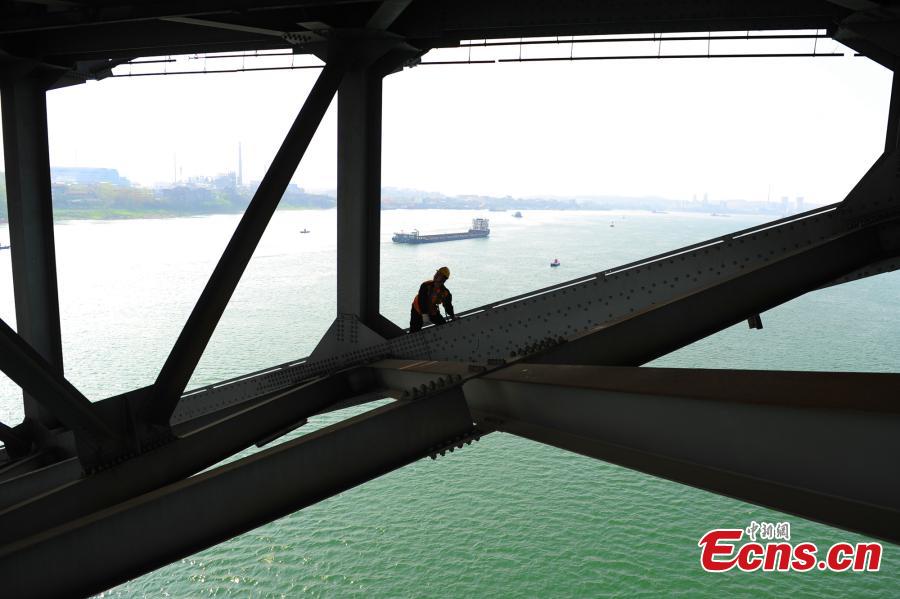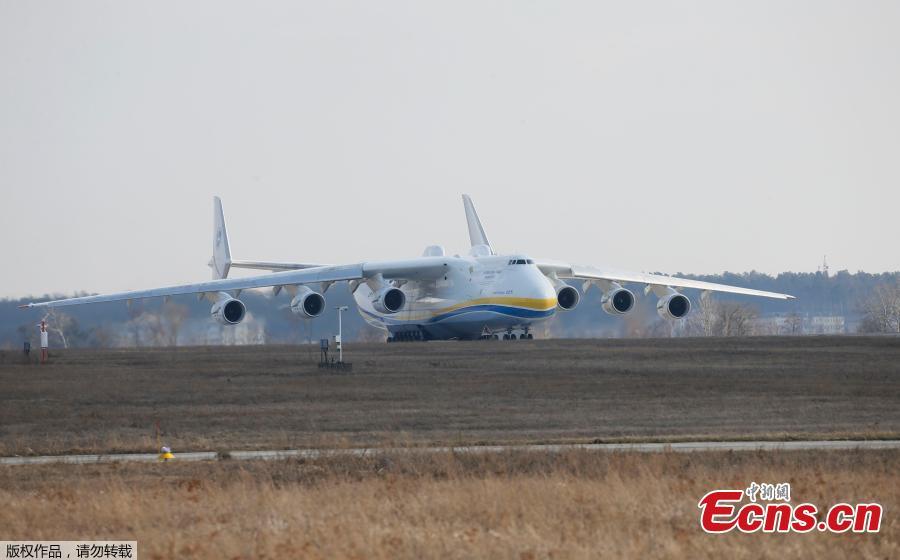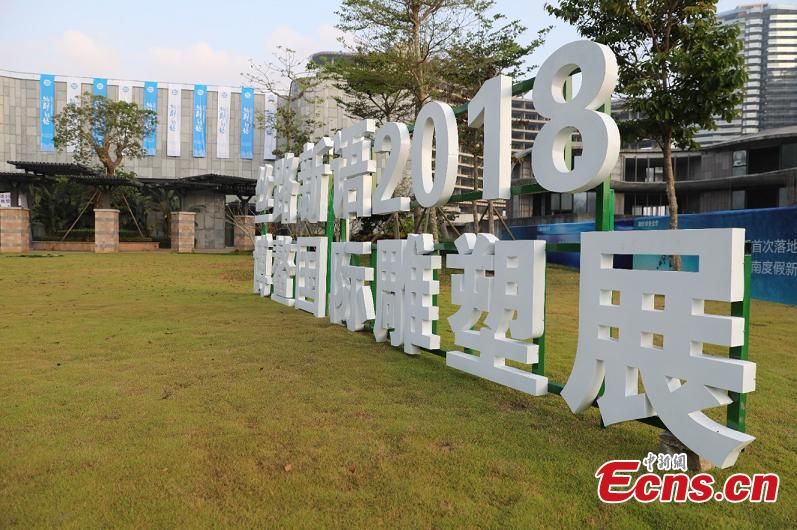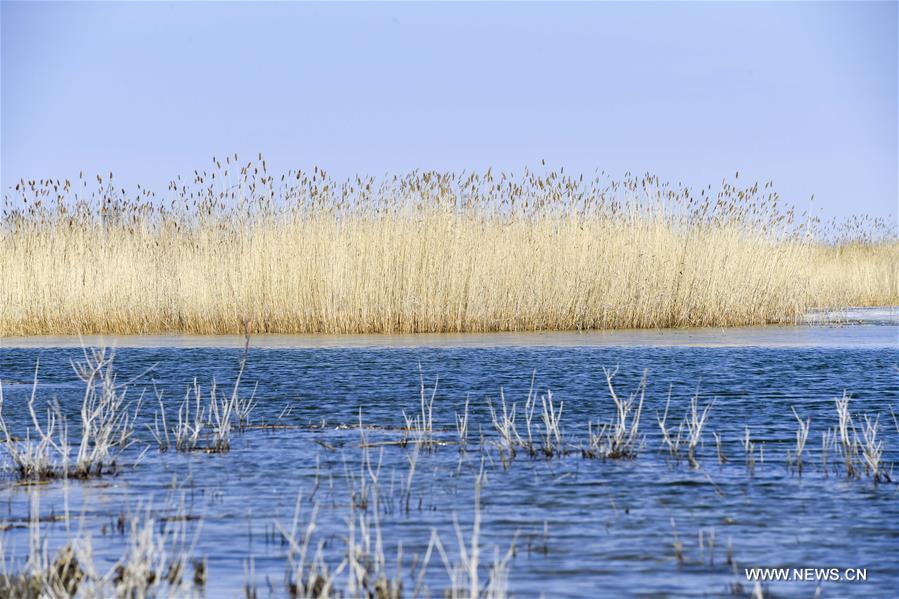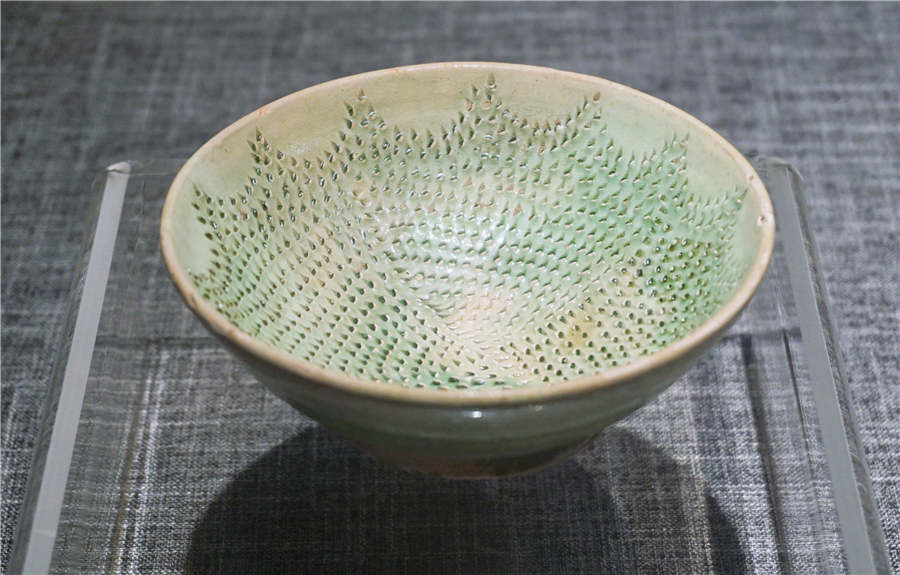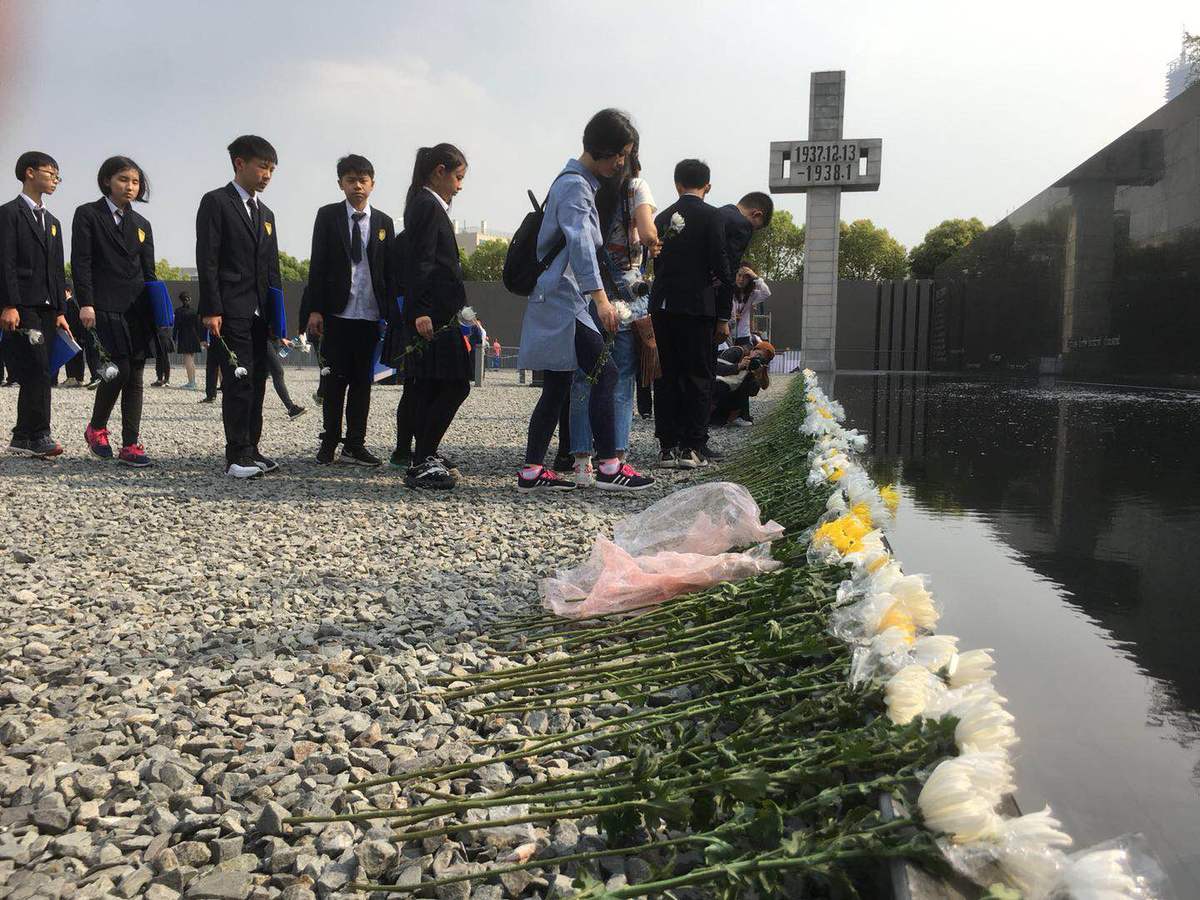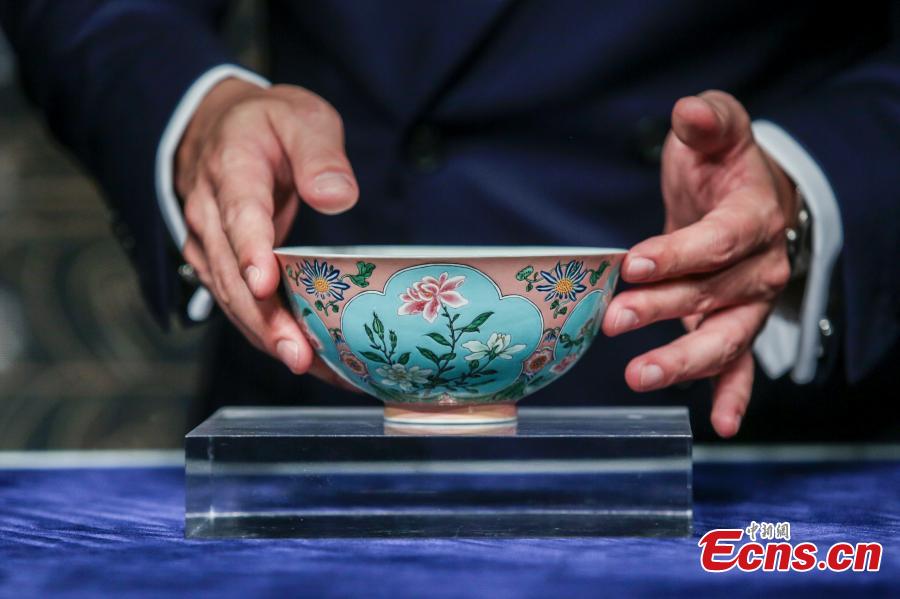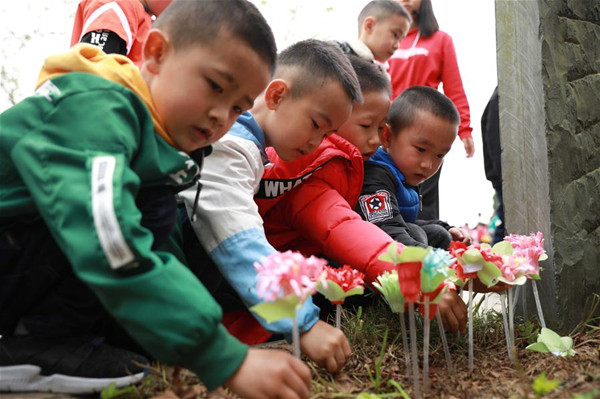
Children lay paper flowers at the tomb of martyrs in Danzhai County, southwest China's Guizhou Province, April 4, 2018. People mourn for the deceased as the Qingming Festival, the Chinese tomb-sweeping day, approaches. (Xinhua/Tang Ke)
Qingming Festival, known in English as Tomb-sweeping Day, is a time when Chinese pay tribute to their deceased family members and ancestors.
As government officials and Party cadres are about to join their fellow tomb-sweepers, they have been told to shun certain inappropriate behaviors.
The day before the festival, a list of dos and don'ts was shared on Chinese social media after being published by the official magazine of the Central Commission for Discipline Inspection of the Communist Party of China (CPC) and the National Supervisory Commission.
-- Don't drive a public car to your family tomb.
Using public vehicles for personal use was a prominent issue. However, since the 18th CPC National Congress, authorities have been cracking down on misuse of public vehicles.
The article warned that cadres found to have violated this rule will be made to pay all the costs incurred. Violators will also be punished.
-- Don't hire Feng Shui masters or mediums. No playing with ghosts.
In many cultures death is commonly linked with superstitions. Cadres have been warned to maintain distance from these practices because as communists, they are supposed to be true believers of materialism. Superstition has no part in this.
"There are cadres who have blatantly engaged in superstitious acts on Tomb-sweeping Day. They hired Feng Shui masters or mediums to contact ghosts, casting a very bad influence," the article said.
"Superstitious practices seriously violate Party rules and the code of conduct," it added. "Serious offenders will be expelled from the Party."
-- Don't make a scene.
While it is a custom to burn paper money and other paper offerings at the tombs, the disciplinary watchdog cautioned cadres not to overdo it.
The article said the practice has created a great deal of "white waste" every Tomb-sweeping Day. Some tomb sweepers hired bands to spice the occasion while others used "low-taste" offerings.
Failing to oppose these practices is bad enough but some cadres even joined in and made a scene to show off, the article said. The acts have tarnished the Party's image and caused public discontent. Offenders will be punished.
Also on the ban are malpractices such as extorting money under the cover of funerals, damaging public or collective assets, using public funds to accommodate visiting officials.
The article said cadres should lead the mourning in frugal, environmental-friendly, modern, civic-minded ways.
It said after all sincerity is all it counts. Sincere mourners, even though practising frugality, will be rewarded with peace of mind and clear environment.
But the article does not address a new and somewhat bit controversial phenomenon -- virtual tomb-sweeping.
Since 2008, Chinese have had a day off work for Tomb-sweeping Day, which usually becomes three days when linked with the weekend. But some people, squeezed by work or living faraway, choose not to travel back to their hometown.
Internet firms now allow them to pay tribute and virtually sweep the tombs by just tapping their smart phones.
Li Chonglu, manager of a cemetery in the southwestern Sichuan Province, said the cemetery has continued to try new things -- replacing paper money with flowers and fruits, planting trees, reciting poems, writing calligraphy.
These environmentally-friendly "sweeping" practices are being encouraged by the government. However, the general public are not supportive of online mourning as mourners are not there themselves.
"Online morning is our latest effort to try something new," Li said. "It follows the trend of making tomb-sweeping a spiritual exercise. We mourn together even though we are physically apart. Why not?"










